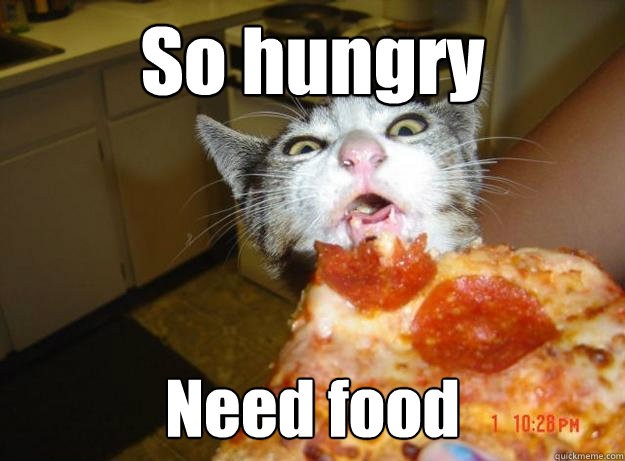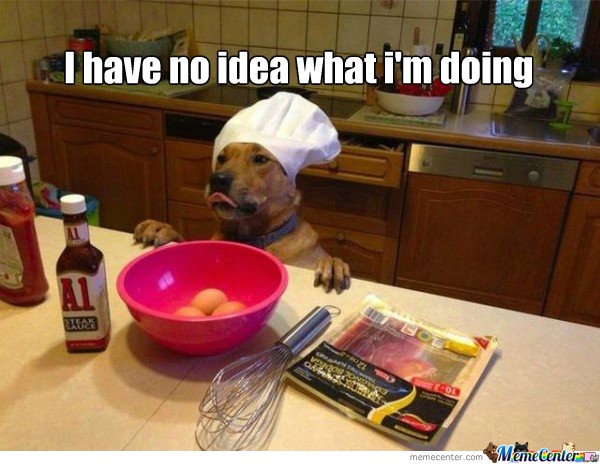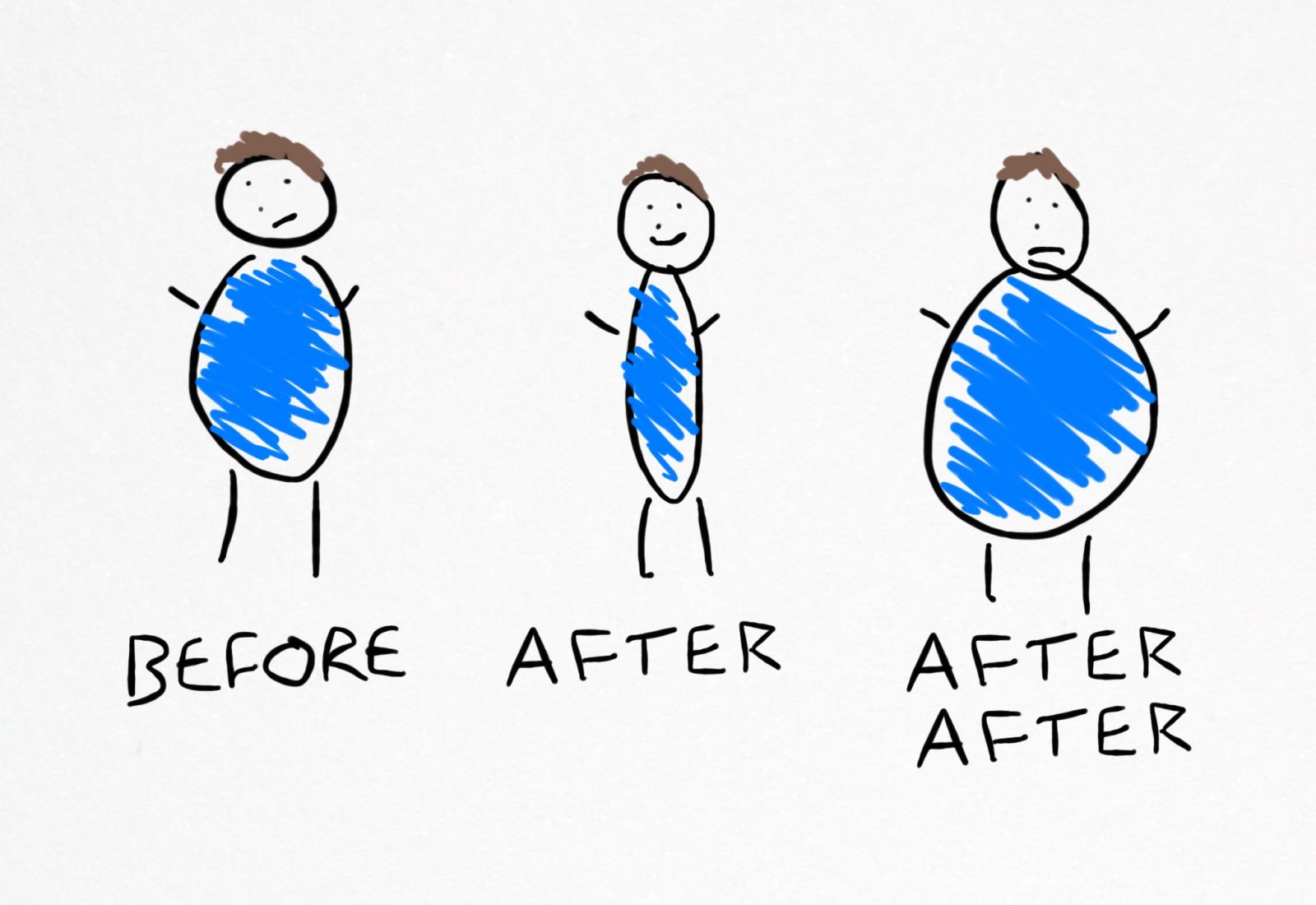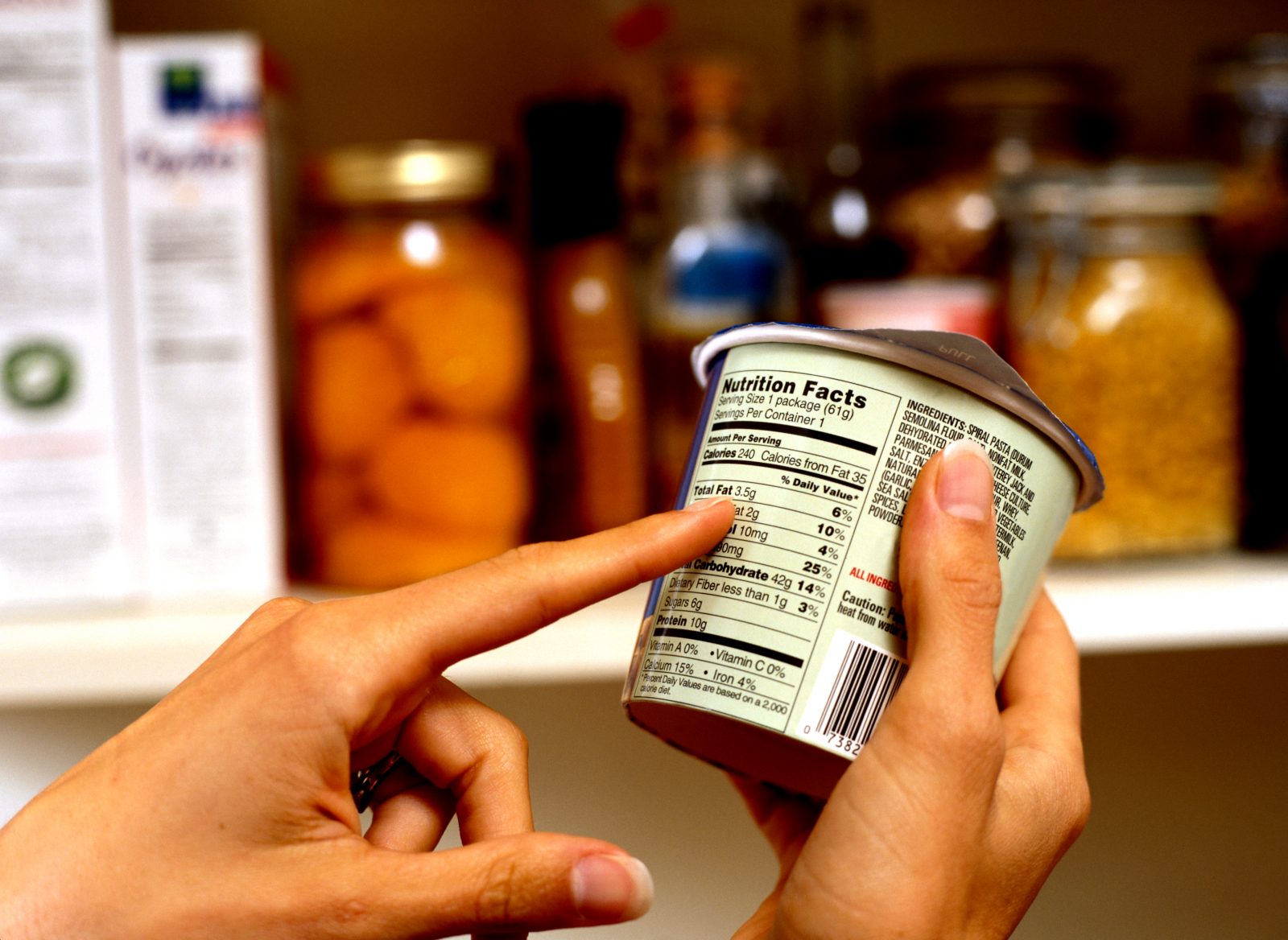Crash diets are nothing new. Neither is the opinion that diets are bad. And yet, that doesn’t stop people from taking to drastic measures every day, cutting their calories to near-starvation levels.

Despite strong logical arguments against this practice, healthy-minded adults take chance with their nutrient intake every day.
There are many arguments for why one would want to do such a thing, starting with the desire to lose weight. To that end, drastic caloric deprivation works.
If you starve yourself, your body will have to use your stored fuel or muscle to survive. When you hit your goal weight, if you don’t suffer from any number of negative consequences on your decent, you can bring your intake back up to higher level.
This is where most people fail.
The hardest aspects of crash diets are the lengthy deprivations and the taboo food rebounds. When the diet is over, you’ve gained nothing to help you eat a more healthy intake afterward, which often leaves dieters with so few options they gain back the weight.
Staying Deprived

To lose a pound or two per week, a person must decrease their daily intake by 500-1000.
Let’s not derail this conversation in a debate about the science law of thermodynamics. It’s law; I dare you to break it. You get the Nobel Prize for Science if you do.
In crash diets, decreases are deeper, in the multi-thousands range. I’ve known dieters to consume fewer than 1000 calories. Unless you’re a little person, no adult should consume so few calories.
Maintaining that deprived state is hard on the body and mind, even if it’s tolerable at first. Dieters either break or hang on to their results, riding the diet to the end. They assume if they can only ring that bell at the end, everything will be okay.
Taboo Rebound

It is those cravings which are hard to control. Going from the world where you can eat what you want when you want to one where whole food groups may be taboo, builds deep cravings.
Dieters report that these cravings can build in intensity through the course of the diet. When they finally come off their diet, having reached their goals or not, they will binge on those taboo items.
Sometimes those binges last until the dieter gains back much of or all the weight he or she lost. Satiating those taboo desires can feel like filling a bottomless pit.
Failed Takeaways

This is the biggie. What all diets fail to do is teach anything valuable, especially if the dieter has no other experience with nutrition.
Whatever the focus of the diet, whether it’s macros or calories (they all boil down to calories anyway) the dieter may only learn that certain foods are “bad.”
Crash diets don’t teach the dieter how to eat when they’ve reached their goals. In time, they segue back to their old habits, with some mixing of the diet until they can’t stand it anymore.
Weight Regain

With no stabilization plan after the diet, the dieter gains back the weight, sometimes in excess of before the diet.
As the pounds pack on, they lose the heart for maintaining their health, more so than before they tried to get things under control.
What started out as a harmless game they were playing with some fun results ends in a broken spirit, a higher hill to climb, with nothing gained for the effort.

Rather than crash your diet, take the time to figure out exactly what you want to do with your health. It’s fine if you want to lose weight, but that goal won’t last forever.
It can be rewarding at first to lose weight. At some point, you’ll need something more concrete to hold onto.
Rather than focus on losing weight, try focusing on being a more conscious eater. You don’t have to become a nutritionist. Spend time learning about the foods you like.
Consider making adjustments you can live with, like portion sizes or find alternatives that fit better into your goals. If you are better armed to understand your food, then if you do decide to make drastic changes to your diet, you’ll know how to eat when you’re done dieting.